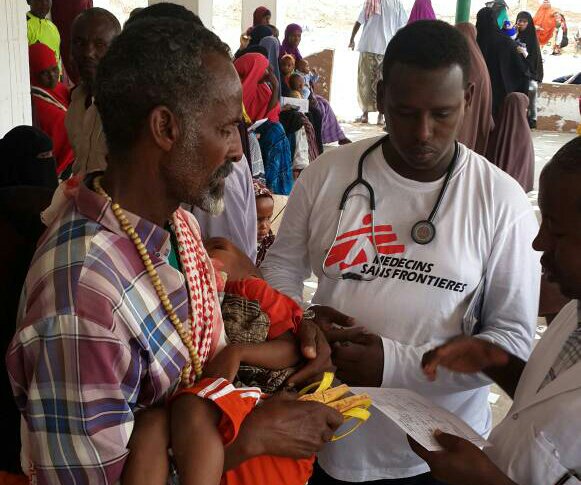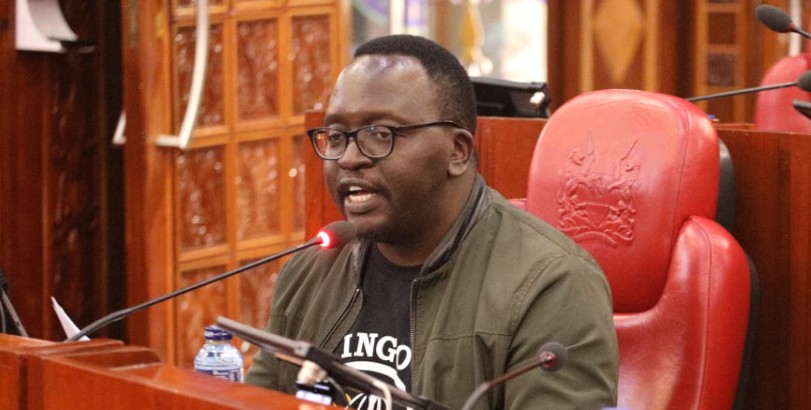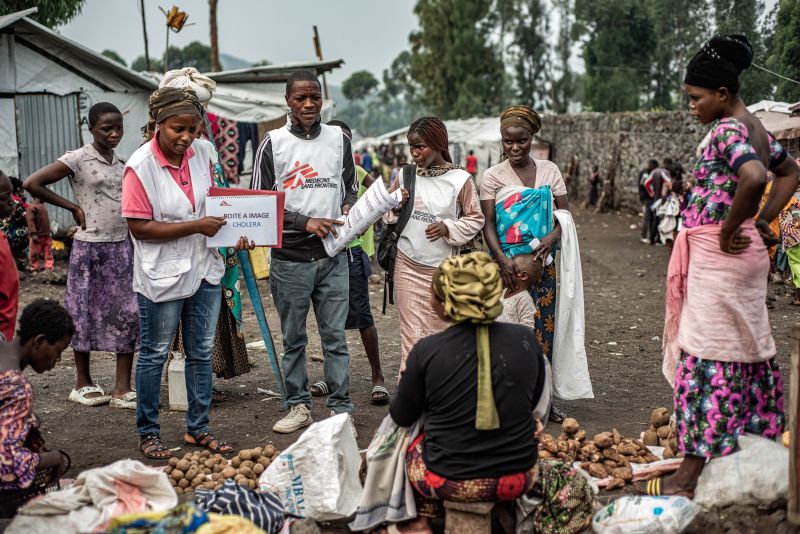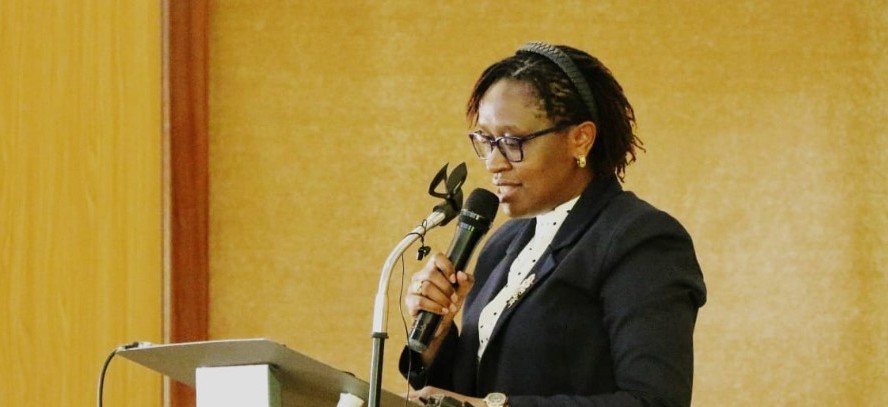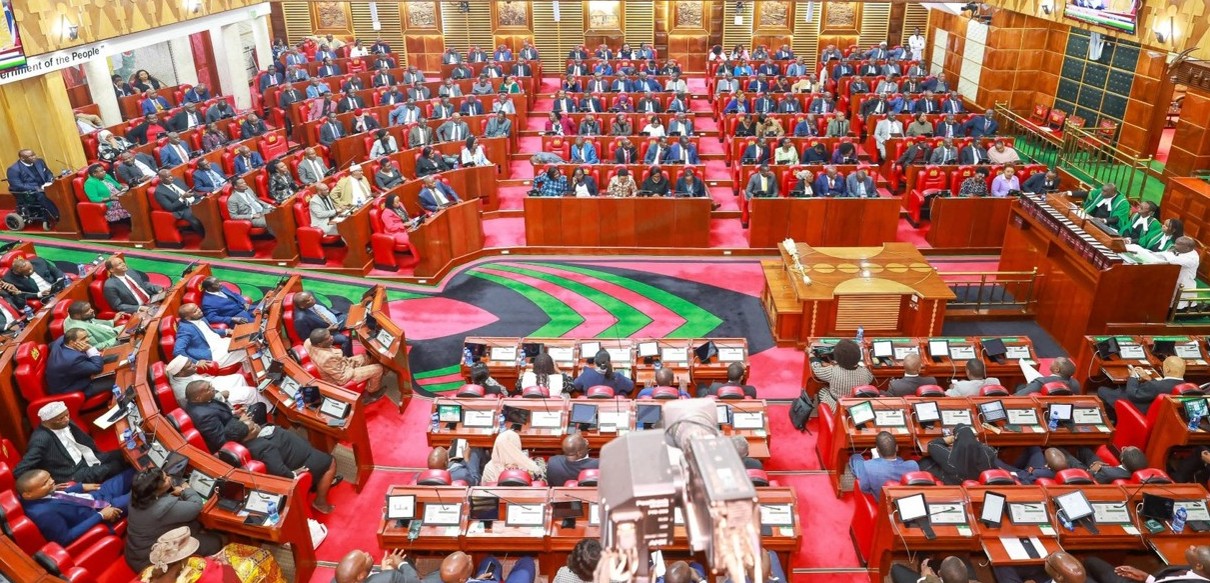State proposes higher taxes on health-risk products to fund health programmes

The move comes as concerns grow over the declining availability of donor funding for interventions related to HIV/AIDS, tuberculosis, and malaria.
The government has proposed expanding taxation on products linked to health risks, such as sweetened drinks, cigarettes, and alcohol to fund key health programmes.
The move comes as concerns grow over the declining availability of donor funding for interventions related to HIV/AIDS, tuberculosis, and malaria, which have long been heavily reliant on external support.
More To Read
- South Africa becomes first African nation to offer twice-yearly HIV prevention shot
- Taking down malaria’s bodyguards: Scientists target parasite’s secret defence system
- Lenacapavir: A promising breakthrough for HIV prevention in pregnant, breastfeeding women
- Rising deaths among youth threaten global life expectancy gains, new study shows
- 'We feel forgotten': People living with HIV decry stigma as US aid cuts bite
- Senate approves Bill to tighten tobacco regulations
According to Dr Daniel Mwai, the advisor to the Presidential Economic Transformation Team on Health, increasing taxes on products contributing to health risks will help curb their consumption and alleviate the strain on the country’s healthcare system.
“We need to start thinking around innovative channels which we can use to fund the chronic path on the risk factors that continue putting a burden on the country’s healthcare, and therefore a need to have new domestic financing models,” Mwai said during a recent Health Sector Intergovernmental Consultative Forum at the Kenya School of Government.
The rise of non-communicable diseases (NCDs) such as diabetes, cancer, cardiovascular diseases, and chronic respiratory infections has been increasingly linked to lifestyle behaviours.
The health experts said these diseases are now one of the leading causes of health loss in the country.
Mwai said that in addition to poor diet and physical inactivity, tobacco use and excessive alcohol consumption are significant risk factors for NCDs.
Smoking among men
Smoking rates, particularly among men, remain high in Kenya, contributing to the rise of cardiovascular disease and other chronic conditions.
He also pointed out the growing consumption of sweetened drinks, which he believes is directly linked to an increase in chronic illnesses that require costly treatment.
“They expose these populations to chronic illnesses that need to be treated,” Mwai said, suggesting that tax measures could play a role in reducing the consumption of such products.
Mwai called for the monitoring of existing tax programmes, advocating for the redirection of some of the funds collected under national initiatives to support health interventions, particularly as the reality of donor exit becomes more apparent.
He singled out the tobacco fund as one example of a programme that could be utilised to support critical health needs.
Top Stories Today
Reader Comments
Trending
